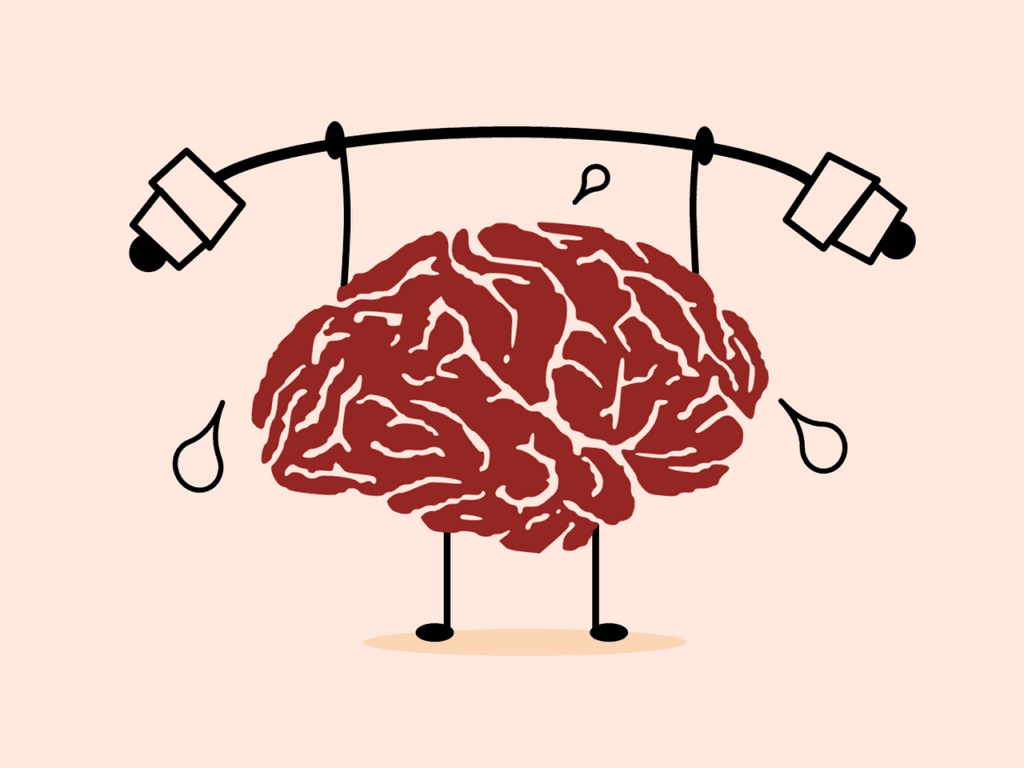How to Improve Your Soccer Intelligence – A Full Guide
As Johan Cruyff once said, soccer is a simple game but it is hard to play simple. This is because numerous nuances in this sport make soccer quite complex. To play soccer effectively, you will not only need a wide range of physical and technical abilities but you will also require a great deal of soccer intelligence.
Simply put, soccer intelligence is how well you know the game and how easily you can play it. It refers to a player’s ability to read the game, make quick decisions, and anticipate movements effectively. All players that want to get better at soccer should focus on improving their soccer intelligence because they will be able to make better game decisions with high speed of play.
However, developing soccer intelligence is a continuous process that requires dedication, focus, and the right training strategies. In this guide, we’ll explore different aspects of soccer intelligence and provide actionable tips and strategies for improving it.
Whether you’re a coach or a player, this guide will help you understand the importance of soccer intelligence and how to develop it to reach your full potential on the field.
Developing Vision and Awareness

In soccer, having good vision and awareness is essential for success on the field. Vision refers to a player’s ability to see the field and all of the players in it, while awareness refers to a player’s ability to perceive and process information about the game. Developing vision and awareness requires practice and specific techniques that can help players improve their skills.
One of the key aspects of developing vision and awareness is keeping your head up. Many players tend to look down at the ball while dribbling or passing, which limits their ability to see the field and anticipate movements.
To develop better vision and awareness, players should focus on keeping their heads up and scanning the field as much as possible. This can help them see potential passing opportunities and anticipate the movements of their opponents.
Another way to develop vision and awareness is to practice peripheral vision exercises. This involves looking straight ahead while trying to notice objects or people in your peripheral vision. This technique can help players develop a better awareness of their surroundings and improve their reaction time.
Finally, players can also work on their anticipation skills by watching game film and analyzing their opponents’ movements. By studying the game and learning to read the movements of their opponents, players can improve their ability to anticipate and react to different situations on the field.
Developing vision and awareness is an ongoing process, but by practicing specific techniques and incorporating them into your training routine, you can improve your soccer intelligence and become a better player.
Building Mental Toughness

In addition to physical skills, soccer also requires mental toughness. Mental toughness refers to a player’s ability to stay focused, motivated, and resilient in challenging situations. Building mental toughness requires practice and specific techniques that can help players improve their mental game.
One way to build mental toughness is through positive self-talk. Players can learn to replace negative thoughts with positive ones, which can help them stay focused and motivated during games. Visualization is another technique that can help players develop mental toughness. By imagining successful plays and positive outcomes, players can build their confidence and resilience.
Breathing exercises are another effective technique for building mental toughness. Deep breathing can help players calm their nerves and stay focused during high-pressure situations. Additionally, players can use breathing exercises to stay focused and relaxed during games.
By incorporating these mental toughness techniques into their training routine, players can develop the mental strength necessary to perform at their best on the field.
Improving Soccer IQ
Soccer IQ refers to a player’s understanding of the game, including its strategies, tactics, and overall flow. Developing a high soccer IQ is crucial for success on the field, as it enables players to make better decisions, anticipate movements, and execute strategies effectively.
One way to improve soccer IQ is by studying the game. This can involve reading books, watching game film, and analyzing game strategies. By studying the game, players can develop a deeper understanding of its various aspects and learn to apply this knowledge to the field.
Another underrated way to improve soccer IQ is by playing in different positions. This can help players understand the roles and responsibilities of different positions, as well as how they interact with each other. By gaining a broader perspective of the game, players can improve their decision-making and overall understanding of the game.
Lastly, playing with experienced players can also help improve soccer IQ. By playing with players who have a high soccer IQ, players can observe their decision-making and learn from their experience. This can help players develop a more sophisticated understanding of the game and improve their performance on the field.
Improving soccer IQ is an ongoing process, but by studying the game, playing in different positions, and playing with experienced players, players can develop a high soccer IQ and become more effective on the field.
Enhancing Skills through Small-Sided Games

Small-sided games are an effective way to enhance skills and improve soccer intelligence. These games involve fewer players and a smaller field, which allows for more touches on the ball and more opportunities to develop skills.
Small-sided games can be designed to focus on specific skills, such as passing, dribbling, and shooting. For example, a small-sided game can be designed to focus on passing by requiring players to complete a certain number of passes before taking a shot. These games can also be designed to encourage creativity on the field, which can improve soccer intelligence.
Another benefit of small-sided games is that they require players to adapt to different situations and make quick decisions. This can help players develop their decision-making and problem-solving skills, as well as their ability to anticipate movements and react to changing situations.
Finally, small-sided games can also help players develop teamwork and communication skills. By playing in a smaller group, players must rely on each other and communicate effectively to achieve their goals.
Overall, small-sided games are a great way to enhance skills and improve soccer intelligence. By incorporating small-sided games into their training routine, players can develop their skills, improve their decision-making, and become more effective on the field.
Utilizing Technology for Analysis and Improvement

Technology has become an essential tool for soccer analysis and improvement. From wearable technology to video analysis software, there are a variety of technological tools that can help players and coaches analyze and improve performance.
One of the most popular forms of technology used in soccer is wearable technology. These devices, such as GPS trackers and heart rate monitors, can provide valuable data on a player’s physical performance during games and training. This information can be used to monitor player progress, identify areas of improvement, and prevent injuries.
Video analysis software is another useful technological tool for soccer analysis. Coaches and players can use video analysis software to review game footage and identify areas of improvement, such as passing accuracy, movement off the ball, and defensive positioning. This information can then be used to develop training plans and improve overall performance.
Virtual reality technology is also becoming increasingly popular in soccer training. Virtual reality systems can provide players with immersive, realistic training scenarios that can help them develop their decision-making and situational awareness skills.
Lastly, social media and online communities have become valuable resource for soccer players and coaches. Online communities and social media groups can provide access to a wealth of information, such as training tips, tactical analysis, and news about the latest soccer technology.
Overall, utilizing technology for analysis and improvement can provide players and coaches with valuable insights into performance and help them develop strategies for improvement. By incorporating technology into their training routine, players can stay ahead of the competition and improve their soccer intelligence.
Final Thoughts
Improving soccer intelligence is an ongoing process that requires dedication and hard work. By incorporating the strategies and tips outlined in this guide, players can develop their vision and awareness, build mental toughness, improve their soccer IQ, enhance their skills through small-sided games, and utilize technology for analysis and improvement.
It’s important to remember that improving soccer intelligence is not a quick fix, but rather a continuous journey that requires patience and perseverance. By setting goals, staying disciplined, and seeking feedback from coaches and teammates, players can continue to improve and reach their full potential.
Remember, soccer is not just about physical ability, but also about mental strength and soccer intelligence. By focusing on improving these aspects of the game, players can elevate their performance and become more effective on the field.
If you like what you’ve read, make sure to check out our article on how to improve stamina for soccer







